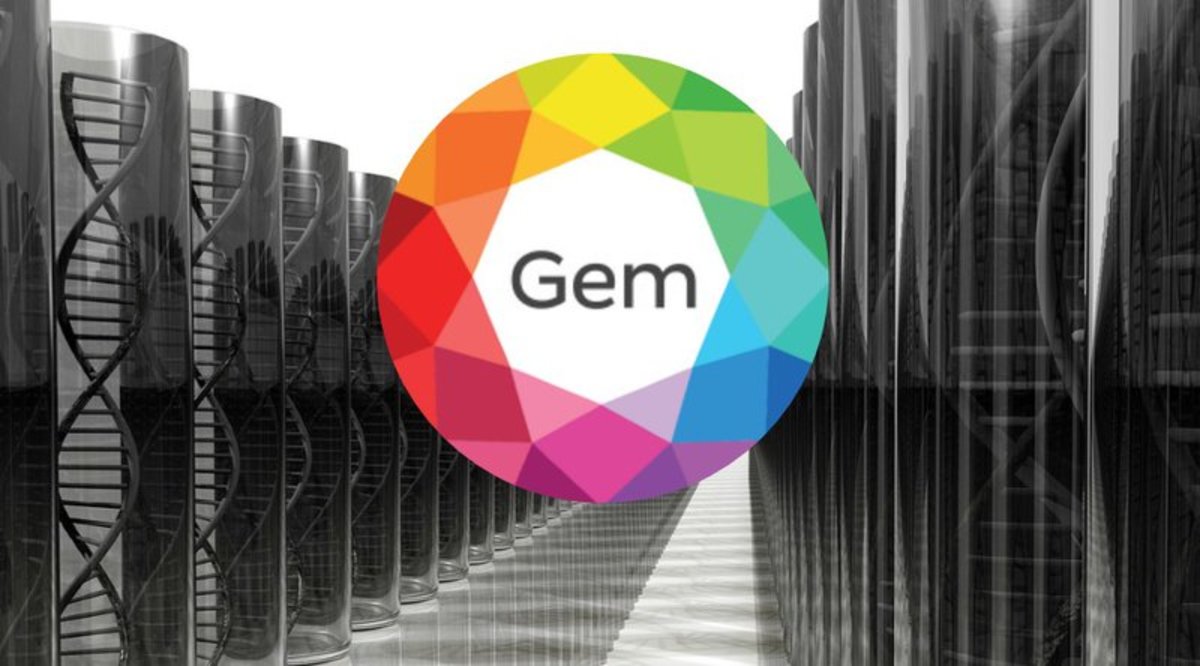
On October 4, at the Distributed: Health conference in Nashville, Tennessee, Gem CEO and co-founder Micah Winkelspecht announced the deployment of the GemOS platform, and introduced an initial proof of concept for the Revenue Cycle Management (RCM) pilot project that runs on the platform. This customized use of the GemOS blockchain was created to demonstrate the potential for automated reconciliation of medical data between providers, payers and financial institutions.
What is GemOS?
GemOS is a proprietary technology that can be used across any blockchain. The white paper outlining the platform was released on October 2.
Essentially, GemOS is an infrastructure established for the deployment of decentralized applications and platforms. Using Gem, financial institutions, healthcare companies, and a wide range of data-reliant corporations will be able to connect existing systems into the GemOS blockchain network, which automates the management and sharing of data and identities within the linked systems.
The major difference between GemOS and previously introduced cloud-based systems is the increased scalability and speed of real-time access to data and identities that its blockchain grants to anyone within the network.
Faster automated processes combined with the additional security measures that come with a blockchain allow the integration of microservices-based architecture for any organization that relies on the transfer and management of sensitive data.
The integration of the GemOS blockchain will enable companies with high data volume to regulate access to resources among employees, consumers and partnered organizations, without the issuance of temporary database access needed in traditional cloud-based platforms.
Revenue Cycle Management: Proof of Concept Unveiled
In April, Gem launched the Gem Health Network (GHN), a network for developing applications and shared infrastructure for healthcare powered by the Ethereum blockchain.
Through the utilization of smart contracts and a unified network for the management of data, Gem Health constructs a transparent cross-institutional network in which healthcare companies as well as partner organizations are able to share sensitive information, such as medical data and certifications, in a protected ecosystem.
Traditional cloud-based infrastructures designed to handle the management and sharing of complex forms of data are expensive and inefficient for information-reliant industries like the healthcare market, due to the volume of data, medical records and claims being exchanged by healthcare institutions and financial service providers on a daily basis.
The Revenue Cycle Management pilot is an example of how the GemOS platform could be used to processing cross-industry data with lower costs and improved security measures.
“We are using GemOS to create a pilot network around a specific use case that can be scaled into a full ecosystem,” says Winkelspecht. “That is when blockchain-enabled business logic can begin to flow between market partners and unlock value.”
RCM is structured to “automate reconciliation of claims” between companies and consumers. The RCM pilot interface, unveiled at Distributed: Health, demonstrates a clear example of how patient-provider-payer facing systems could be seamlessly and securely integrated and implemented.
“The vast amount of data that flows in and out of a simple medical claim creates impact beyond that workflow,” says Winkelspecht. “Our partners want to use this data to solve real problems that affect the industry today, and we believe the solution requires network integrity that is independent of a central administrator.”
For data-based management systems in the healthcare industry, GemOS could potentially operate as the core platform for an entire data-reliant ecosystem, automating the majority of technological operations in companies through one single network.
A unified blockchain ecosystem would lead to simpler and more secure interactions between companies and users, enabling the deployment of cross-industry applications.










